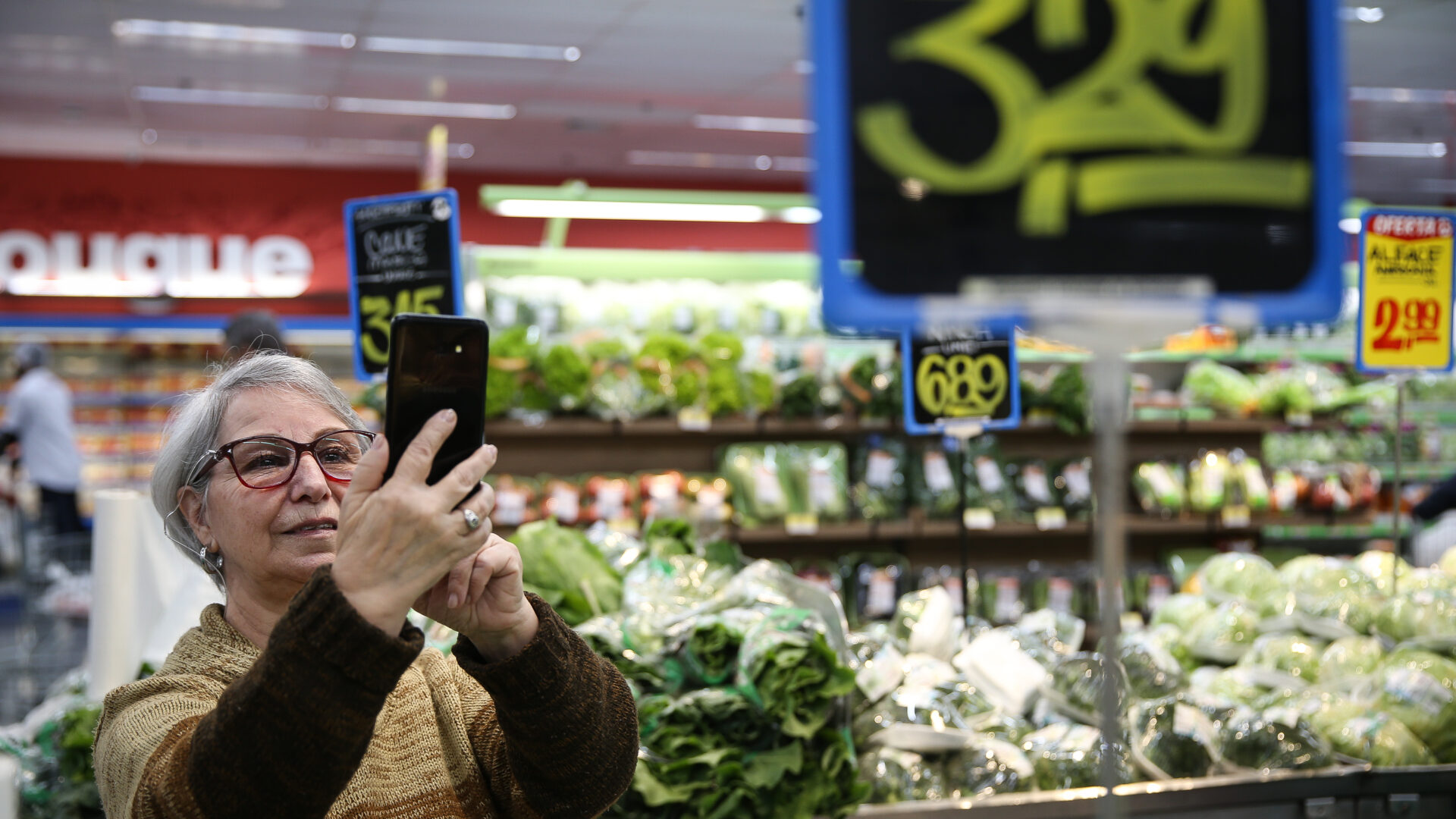Inflation in Brazil ended 2022 at 5.79 percent. While perhaps not sounding too bad in relation to the double digits of 2021, it was above the Central Bank’s target for the fourth year in a row — and it exceeded the upper limit of the monetary authority’s tolerance band for the second consecutive year.
Data from the IPCA consumer price index, released by Brazil’s national statistics bureau IBGE this Tuesday, shows that food and beverage prices kept inflation high throughout much of last year despite government measures to try and slow overall inflation by artificially lowering the cost of fuel.
According to Brazil’s Central Bank, the root causes of 2022 inflation were:
- Inertia from 2021 inflation;
- Increase in the price of commodities, especially oil;
- Imbalances between supply and demand of inputs and bottlenecks in global production chains;
- Food price shocks resulting from climate issues;
- The resumption in the demand for services, and the heating up of the job market after lifting Covid restrictions.
Food inflation rose much faster than general inflation in 2022, increasing 11.64 percent. And while the jump in food prices did slow down in the latter part of the year, it was at a slower pace than the overall IPCA index.
Food costs reflect the knock-on effects of the war in Ukraine, which led to an increase in oil prices and higher international demand for commodities (including agricultural commodities), ultimately jacking up production costs.
Weather was also a big factor. Droughts harmed key crops such as corn in 2020, and frosts in 2021 hindered production largely in Brazil’s South, affecting sugarcane harvests. There were carryover effects into 2022, as well as expectations of a smaller soybean harvest due to the lack of rain in southern states. Nonetheless, better climate conditions overall than in...


 Search
Search






































